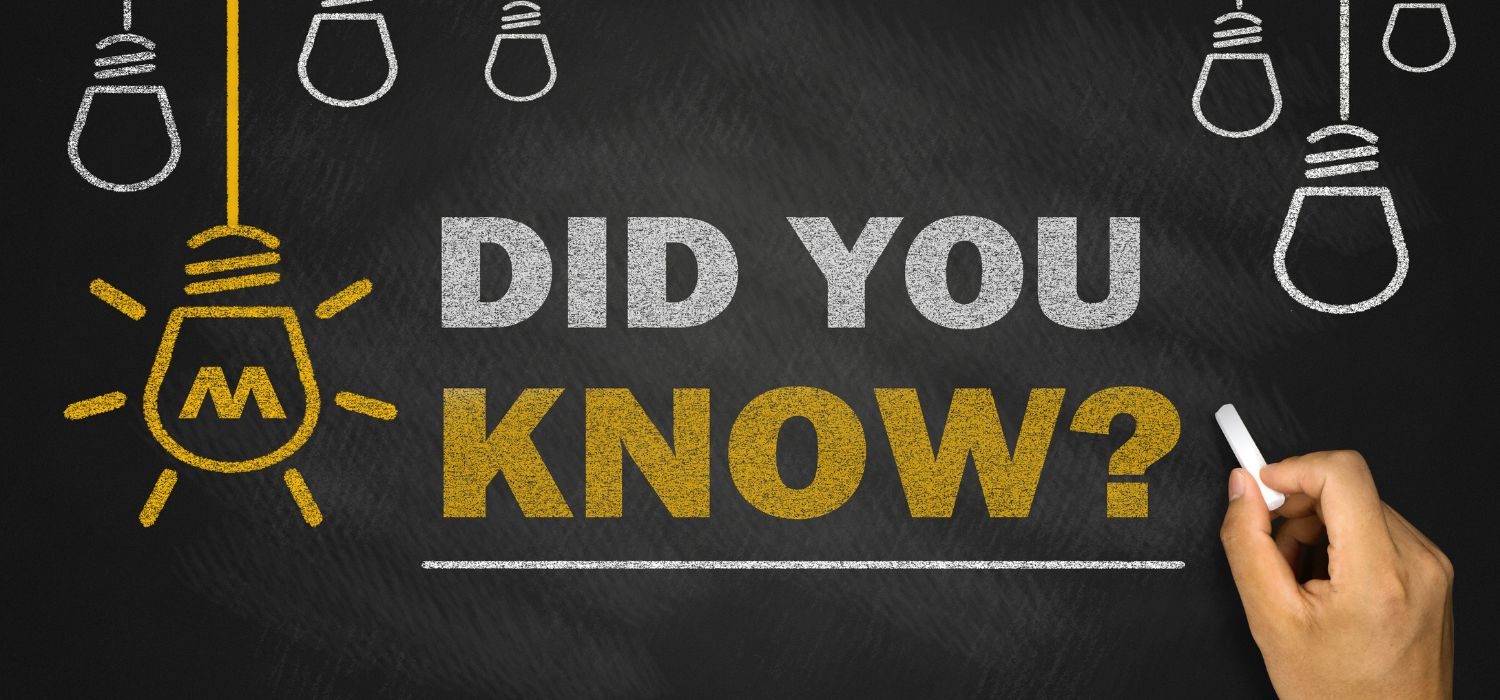Canada has recently announced approval of bill C-19 which will amend the immigration act and how the government will invite candidates under the Express Entry system starting in the first quarter of 2023. This system is designed to target specific occupations under Express Entry draws to help government of Canada fill labor shortages in specific sectors.
Why is Canada Making These Changes?
The process proposed by Bill C-19 may look like a sphere of how these PNPs are currently selecting their own candidates. The changes aim to respond to Canada’s labour market and demographic needs more effectively.
As Canada faces a growing labour shortage, Canadian businesses urge the federal government to streamline immigration pathways for skilled workers so they can fill the labor shortages with right people.
How will It Work?
The Express Entry system is a point-based immigration system that invites skilled workers from around the world to apply for Canadian permanent residency. Applicants are evaluated on a number of factors such as age, language skills, education, work experience, and more. Those who score the highest points will be invited by the government of Canada through regular draws held throughout the year.
Under the new plan announced by Immigration Minister, Express Entry draws will now target specific occupations beginning in 2023.This proposal would give IRCC the ability to deviate significantly from the current process it uses to issue ITAs for permanent residence. Since the Express Entry application management system was launched, IRCC has issued ITAs based on Comprehensive Ranking System (CRS) score, and Express Entry program of eligibility.
The new system will contain an option that will allow Immigration Minister to create Express Entry groups and then issue Invitations to Apply (ITAs) to these groups. As explained by IRCC, the minister would be able to form groups based on occupations in demand, and to address other policy objectives, such as welcoming certain demographic group or to target it towards a certain job title.
What Does This Mean For Me?
Lack of certainty is one of the major disadvantages of this resolution to allow ITAs to be issued based on groups. Moving forward, IRCC will have significant discretion to issue ITAs based on any criteria the department chooses. This runs the risk of ITAs being issued on non-objective criteria, such as public sentiment. For instance, IRCC may feel pressure from the public or special interest groups to issue ITAs to candidates in a given sector, even if objective economic data does not indicate the sector has labour shortages. Although this is an extreme example, it is meant to highlight a potential limitation of giving IRCC such wide autonomy when it comes to ITAs.
The lack of certainty is extremely problematic from a candidate’s perspective. In theory, having a very high CRS score may no longer result in an ITA. For instance, a candidate with a CRS 490, which was more than enough to guarantee an ITA prior to the pandemic, may no longer receive an ITA, at the expense of a candidate with a CRS 300 who happens to fall under an occupation in-demand.
If you’re planning on applying for Canadian permanent residency through Express Entry in 2023 or beyond then this may be great news for you if you happen to have qualifications or experience in one of the targeted occupations identified by the government. It could provide you with an advantage over other applicants but only time will tell exactly how it affects each individual applicant’s chances of being invited through a draw.











